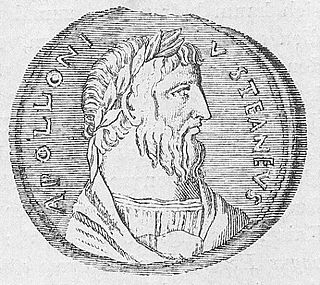A Quote by Plutarch
Nature without learning is blind, learning apart from nature is fractional, and practice in the absence of both is aimless.
Related Quotes
Nature without learning is like a blind man; learning without Nature, like a maimed one; practice without both, incomplete. As in agriculture a good soil is first sought for, then a skilful husbandman, and then good seed; in the same way nature corresponds to the soil, the teacher to the husbandman, precepts and instruction to the seed.
Love of goodness without love of learning degenerates into simple-mindedness. Love of knowledge without love of learning degenerates into utter lack of principle. Love of faithfulness without love of learning degenerates into injurious disregard of consequences. Love of uprightness without love of learning degenerates into harshness. Love of courage without love of learning degenerates into insubordination. Love of strong character without love of learning degenerates into mere recklessness.
It was hard to become an astronaut. Not anywhere near as much physical training as people imagine, but a lot of mental training, a lot of learning. You have to learn everything there is to know about the Space Shuttle and everything you are going to be doing, and everything you need to know if something goes wrong, and then once you have learned it all, you have to practice, practice, practice, practice, practice, practice, practice until everything is second nature, so it's a very, very difficult training, and it takes years.
If a Chinese student does not know Chinese learning, it's like a person without a surname, a horse without a bridle, a boat without a helm. The more Western learning he possesses, the more hateful of China he will become. Even if he becomes a capable man of vast learning, how can he be of any use to the state?
In Buddhism, both learning and practice are extremely important, and they must go hand in hand. Without knowledge, just to rely on faith, faith, and more faith is good but not sufficient. So the intellectual part must definitely be present. At the same time, strictly intellectual development without faith and practice, is also of no use. It is necessary to combine knowledge born from study with sincere practice in our daily lives. These two must go together.
That's the thing I want to make clear about depression: It's got nothing at all to do with life. In the course of life, there is sadness and pain and sorrow, all of which, in their right time and season, are normal-unpleasant, but normal. Depression is an altogether different zone because it involves a complete absence: absence of affect, absence of feeling, absence of response, absence of interest. The pain you feel in the course of a major clinical depression is an attempt on nature's part (nature, after all, abhors a vacuum) to fill up the empty space.






































